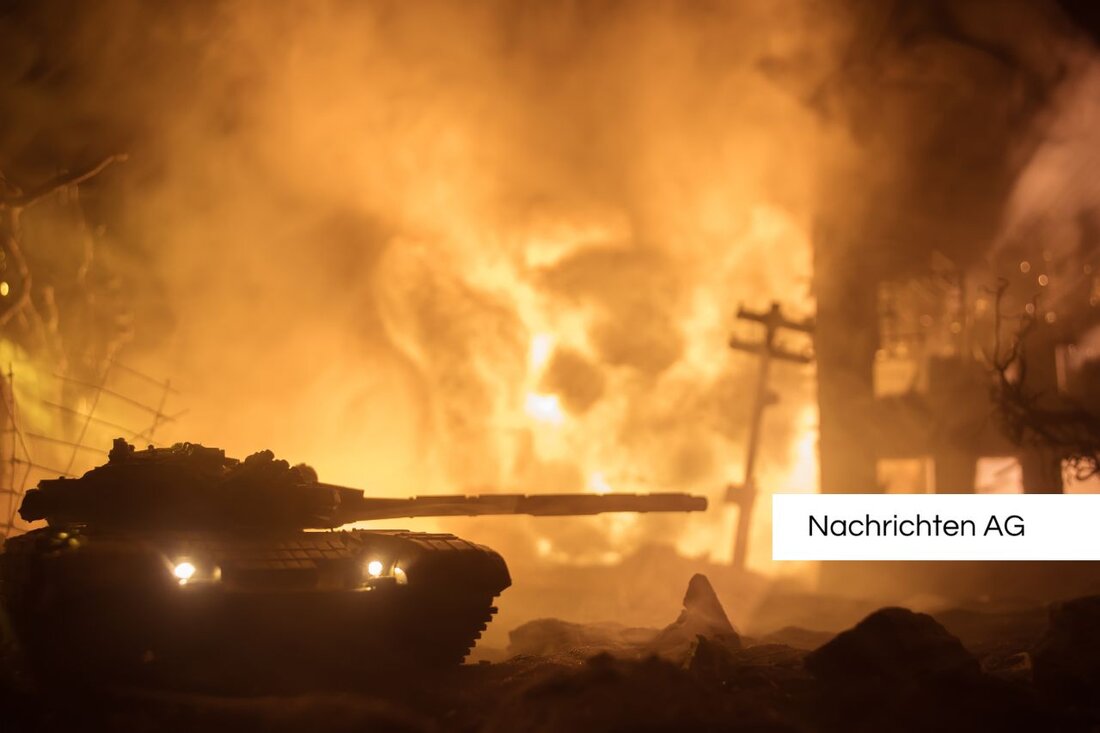Netanyahu in New York: Power struggle for the West Bank escalates!
Benjamin Netanyahu speaks at UN about pressure to annex West Bank; international reactions and concerns are rising.

Netanyahu in New York: Power struggle for the West Bank escalates!
Benjamin Netanyahu is expected in New York on Friday to address the United Nations. The situation in the West Bank is tense as Netanyahu is under pressure from right-wing allies who are calling for the area to be annexed. According to kleinezeitung.at, there has so far been no statement from Netanyahu's office on Donald Trump's statements. Trump spoke on Tuesday during the UN General Assembly with government representatives from several Arab and Muslim countries, including Saudi Arabia, the United Arab Emirates and Egypt. These countries are warning Trump about the serious consequences of annexing the West Bank, and Saudi Foreign Minister Prince Faisal bin Farhan Al-Saud said Trump understands the warnings “very well.”
Since Israel's conquest of the West Bank in the Six-Day War in 1967, the number of Israeli settlements has risen sharply. There are currently around 700,000 settlers among 2.7 million Palestinians living in the region. The Israeli government recently approved a controversial settlement plan called E1 that would cut through the occupied West Bank and separate it from East Jerusalem. The ultra-right Finance Minister Bezalel Smotrich said this plan would “sweep a Palestinian state away from the table.”
Netanyahu's stance on the two-state solution
Given the international reaction to the ongoing housing projects in the West Bank, Netanyahu remains steadfast. He describes a possible Palestinian state as a “terrorist state” and has announced plans to increase the number of Jewish settlements in the region. Netanyahu stresses that no Palestinian state will emerge west of the Jordan and warns that recognition of such a state by other countries would reward “terror.” This is supported by right-wing ministerial colleagues, such as National Security Minister Itamar Ben-Gvir, who are calling for immediate countermeasures to recognize a Palestinian state, as reported on n-tv.de.
More and more states around the world are recognizing a Palestinian state, including Great Britain, Canada and Australia. Portugal is also planning to take this step next Sunday, and a summit before the UN General Assembly could further increase the number of countries recognizing it. More than 140 states have already recognized such a state, which could increase Israel's isolation in the international context.
Historical context of the conflict
The Middle East conflict has deep historical roots, dating back to the 16th century, when Palestine was part of the Ottoman Empire. Over the course of the 20th century there were numerous conflicts and territorial restructuring, which ultimately led to the founding of Israel in 1948. The Arab population experienced a dramatic displacement in what is now known as the Nakba and became part of the Palestinian identity. According to Wikipedia, the Balfour Declaration of 1917, which supported the creation of a “national home” for Jews, led to a rise in tensions between the Jewish settlers and the Arab population.
The ongoing conflicts and the adherence to nationalist claims on both sides have made it difficult to find a sustainable solution. The latest conflict, triggered by the Hamas attack on October 7, 2023, has significantly changed the political landscape. This attack had catastrophic consequences, with 1,200 people dead and 251 hostages taken, of which around 48, including 20, are believed to still be alive.
The current tensions over settlement policy and the geopolitical dynamics in the region illustrate the complexity of the Middle East conflict and raise the question of how the situation will develop further.

 Suche
Suche
 Mein Konto
Mein Konto
